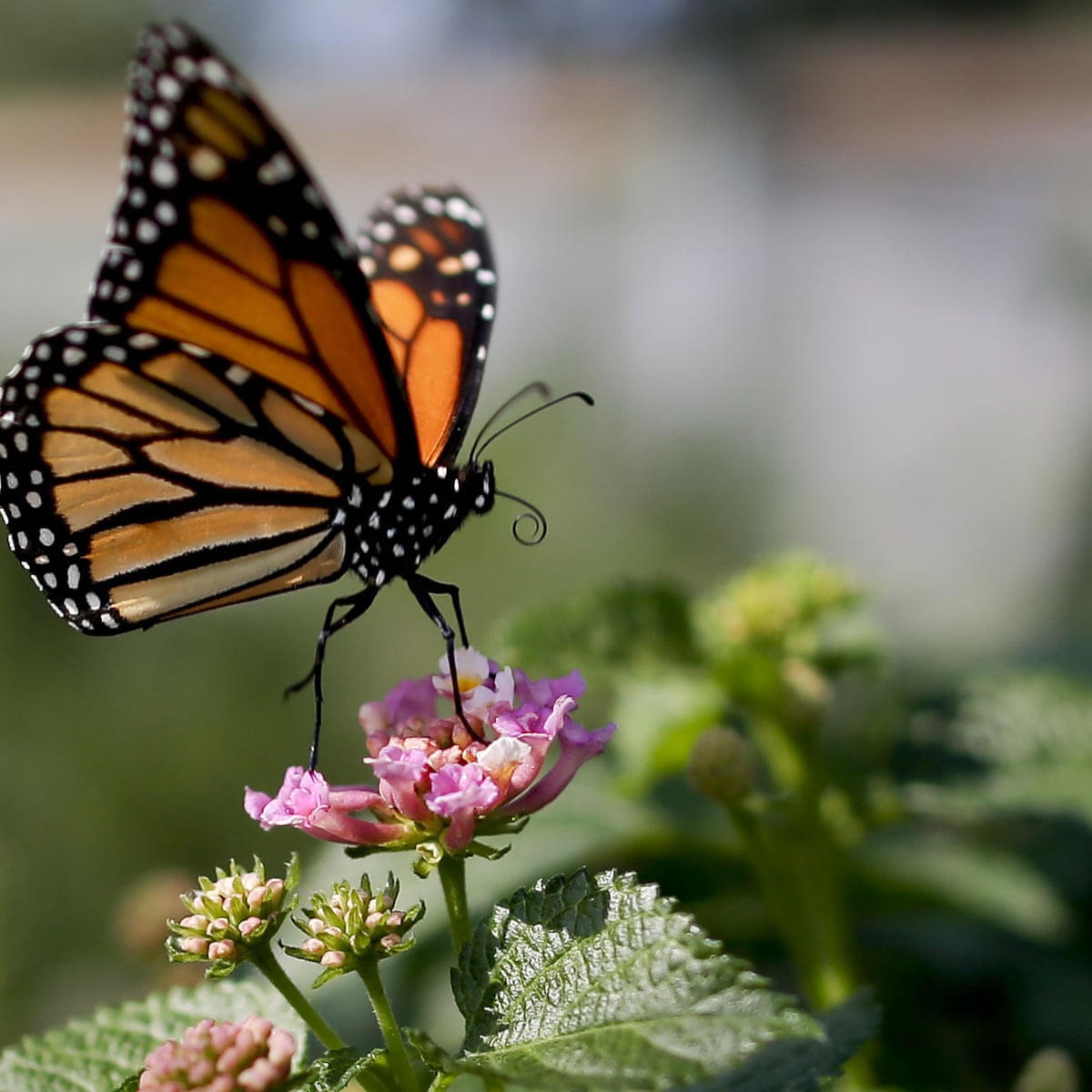Earth Week - Taking Action to Help Pollinators
 Friday, April 16, 2021 at 6:03AM |
Friday, April 16, 2021 at 6:03AM |  David Tinjum |
David Tinjum | 
By Rick Margl, Board Member – Great River Coalition
It appears that spring is here! Of course there might still be a relapse or two (remember 2018?), but time is finally on our side. Walking the woods trails, one sees the first sprouts and buds peeking out - trillium, marsh marigold, hepatica and pussy willow among the rest. The sky and the branches above us are ornamented with newcomers’ colors, flights and song. Look close, the first brave pollinators can be seen scouting the new season, searching for food and nesting opportunities. Ah, spring!
And yet. In this traditionally hopeful season a nagging dirge of disturbing tidings won’t let us rest easy. Amidst the troubles plaguing our world the balm that we seek from the natural world is seemingly more at risk with each passing day. A recent study of ground-nesting bees in Ontario found that individual bees exposed to crops treated with the commonly used neonicotinoid insecticide imidacloprid dug 85 percent fewer nests and produced 89 percent fewer offspring. Other studies have shown that neonics negatively impact songbird migration and whitetail deer reproduction.
Minnesota’s state bee, the rusty-patched bumblebee, has disappeared from over 90 percent of its historical range. The western Monarch population is down by over 95 percent. Across our state the MN Department of Agriculture’s groundwater monitoring program regularly finds evidence of pesticide contamination.
But enough gloom and enough doom. What can we do about it?
How You Can Help Pollinators
First and foremost, plant forage species – native wildflowers and milkweed. You can find more information on recommended plant species (and other pollinator supporting tips!) on the websites of the Xerces Society, the University of Minnesota Bee Lab and the Minnesota Board of Soil and Water Resources.
Enhance bee habitat by having some areas of bare, undisturbed soil in your yard for ground-nesting bees. Leave dead hollow-stemmed plants in your garden over the winter and into early summer to provide cover for stem-nesting bees. Houses for cavity nesting bees can be made or purchased.
Another great way to support healthy and sustainable pollinator populations is to better manage the use of pesticides. Always check bee toxicity before use and avoid application near food or nesting sites.
As part of an effort to curtail the use of pollinator-toxic pesticides, Minnesota State Representative Samantha Vang recently submitted a bill (HF718) that would allow cities to ban a group of pesticides that the MN Department of Agriculture has labeled as lethal to pollinators. Fifty Minnesota cities have passed resolutions pledging to prohibit application of these pesticides. More information on challenges facing pollinators and on the proposed legislation can be found in a recent Star Tribune article.
At the federal level, two bills have recently been submitted that would provide critical protections for pollinators. The Monarch and Pollinator Highway Act of 2021 would fund grants supporting the planting of pollinator-friendly native grasses and wildflowers along roadside rights-of-way. The Monarch Act of 2021 will fund efforts to restore and manage critical foraging and nesting habitat for devastated western U.S. monarch populations. More information can be found on the Xerces Society website.
As citizens, it’s our right and our responsibility to advocate and take action to protect the environment on which we and future generations are indisputably dependent. Please, take the time to research the issues and then contact your state and federal representatives to voice your support for these bills.
Another great way to help pollinators is to join the Great River Coalition for the 6th annual Earth Day Virtual 5K Bee Run/Walk/Bike on April 17th through 24th. This annual event is being held virtually this year in order to ensure the safety of our participants, volunteers and vendors. It’s still a fun way to stay healthy and contribute to efforts to support pollinators and protect the environment of the Mississippi watershed.
So don those bee costumes, grab your kids, your friends and the family dog. Get outside and enjoy the spring weather and the beautiful scenery of Twin Cities parklands. We’re looking forward to seeing your pictures posted on the GRC’s Facebook and Instagram sites. Registered participants will receive sweet swag and a chance to win super prizes! Check out the GRC website for more information: https://www.greatrivercoalition.com/2021-virtual-bee-runwalk.
The Great River Coalition is a 501 (c) (3) non-profit organization that advocates for preserving, protecting and promoting the historic, commercial and environmental significance of the Mississippi River, the City of Minneapolis and its relationship to the people and their communities.
